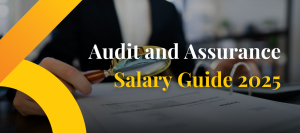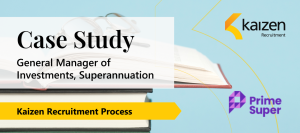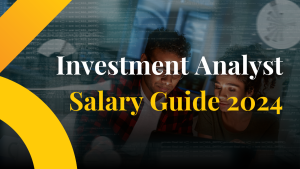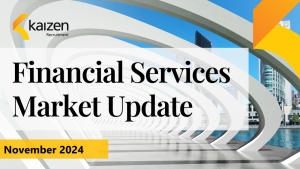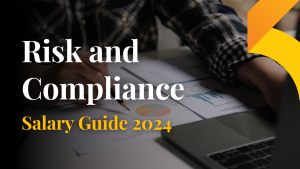Investment Accounting Career Guide
Investment and fund accountants continue to be in greater demand than the depth of strong talent in the market, despite the pandemic. Here is a career guide if you are looking to grow your career within the industry, along with the latest market update and salary guide that you may refer to.
Investment accountants are usually in the field for the long haul given the specialised nature of accounting. The scope of the roles vary across fund managers, custodians and super funds, with further differences depending on funds under management, fund and team structures (inhouse or outsourced models) and asset class focus.
Investment accountants’ responsibilities broadly include the following functions:
- unit pricing – calculating net asset values (NAV) of a fund, assessing accuracy, monitoring system flows and ensuring timely release of prices
- calculating distributions and fund taxation including withholding taxes across different regimes such as Managed Investment Trust (MITs)/Attribution Managed Investment Trust (AMITs)
- computing for corporate actions such as stock splits, optional dividends, rights issues, share buybacks, management and performance fees
- preparing of financial statements, statutory and client reporting
- liaising with investment operations divisions and third-party administrators (TPAs)
At a custodian level, each function runs as a separate team and each investment accountant specialises in a specific function. At fund managers and superannuation funds however, investment accountants gain exposure across all functions. It has been noted that smaller fund managers have outsourced various functions resulting in investment accountants taking on more oversight responsibilities. In such cases, coordinating with the TPA is a key responsibility, with some of the key controls being ensuring clear communication, transparency of processes and accurate data flows. Additionally, depending on size of internal teams at fund managers with an outsourced model, investment accountants may also be responsible for overseeing investment operations functions as well as assist with accounting for the corporate entity.
Investment accountants work across a diverse array of funds such as hedge funds, superannuation funds, authorised unit trusts and mutual funds. The asset class spread would include but not be limited to: equities, fixed income, private equity, real estate and infrastructure, both in multi-asset or specialist fund capacities.
Starting out
Investment accountant aspirants who come from a background in investment operations, client reporting and other middle office operations can take on a role as a fund administrator to begin with as this provides sound base of knowledge. A role as a unit pricing officer or an assistant officer for an investment accountant provides hands-on experience and acts as a stepping stone to become an investment accountant in the long run. Auditors from accounting firms who have gained experience across investment management can also progress into this domain with training across functions such as unit pricing, distributions and withholding taxes.
Qualifications requirements
Investment accountants are expected to have tertiary qualifications in commerce, finance, law, economics or associated fields.
Typically, an investment accountant is expected to be CA or CPA certified; however, if the extent and amount of exposure across funds and asset classes is sizeable, the qualification is not an absolute necessity. The qualification provides stronger chances of success as many companies prefer employing individuals who are qualified.
Seniority levels: How do responsibilities evolve with experience?
As individuals progress from an investment accountant to mid-level positions, responsibilities increase to include oversight in conjunction with liaising with auditors and tax partners.
To become a senior investment accountant, approximately five years’ experience as an investment accountant is required along with well-developed problem-solving skills and industry knowledge. One key responsibility including client reporting, warrants understanding of how funds work, systems and processes, in addition to the finer technicalities of the job.
As an investment accounting manager, an incumbent would also be responsible for planning for and managing the month, quarter and yearend processes and timetables, managing the relationships and reviewing adherence of service level agreements by third party administrators and assist senior management with associated projects such as RFP processes and systems implementations.
Salary guide
Salary is dependent on the number of years of relevant experience, and can vary from fund manager and custodian. The depth of experience across asset classes and fund structures can be a differential as well. You may refer to the latest salary guide here.
Transferability
It is not often that a financial / corporate accountant transitions into an investment accounting position. Albeit the fundamentals are the same, an investment accountant needs to also be knowledgeable about portfolio management and investment performance; functions that a financial / corporate accountant would not be required to know. The transition would be smoother at an early stage in the career, with additional consideration given to further study to gain a deeper understanding of specific asset classes.
What else should I know about becoming an investment accountant?
Investment accountants are expected to possess sound financial markets knowledge, in addition to a comprehensive understanding of regulations, taxation laws and governance requirements of the financial services industry. A high degree of numerical ability in conjunction with strong stakeholder management, time management, problem solving and organizing skills is highly valued.
Best Regards,
Nupur Gill – Associate Director
Kaizen Recruitment is a specialist financial services recruitment firm and has partnered with numerous firms to assist them with their recruitment requirements. For further information, please feel free to contact Nupur Gill at +61 03 9111 0128 or nupur@kaizenrecruitment.com.au.
Like what you see?
Please feel welcome to join
Kaizen Recruitment’s mailing list
